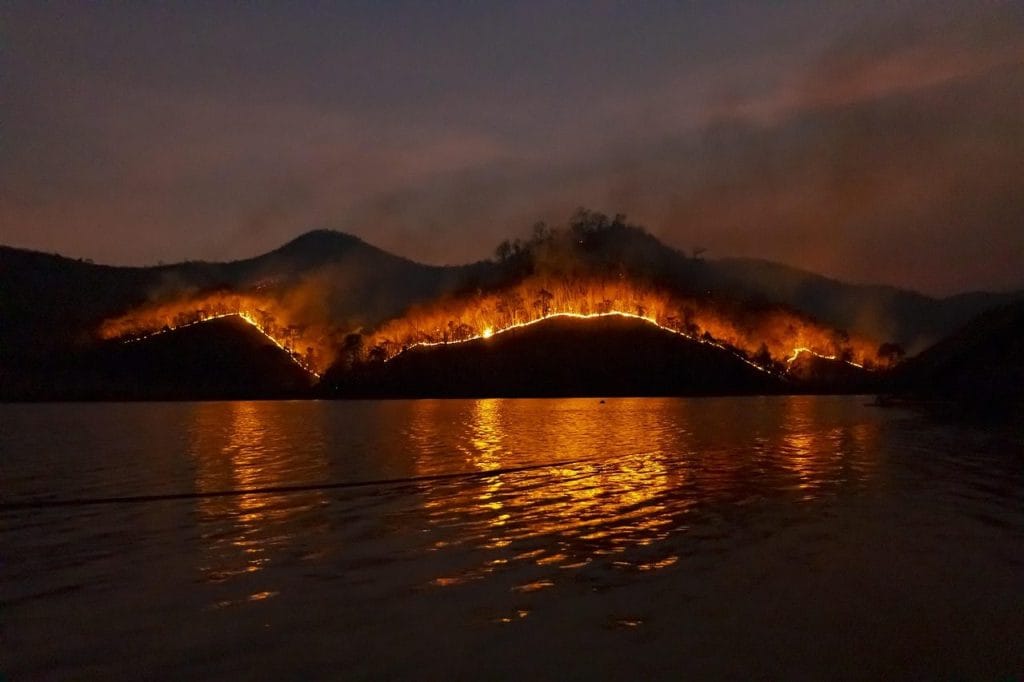Amid Devastating Wildfire Season, Experts Point to Climate Change
The ongoing 2025 wildfire season in Canada has emerged as the second-worst on record, raising concerns about the role of climate change in fueling the intensity of these fires.
Hossein Bonakdari, an associate professor at the University of Ottawa, emphasizes the historical presence of fires in Canada but highlights the exacerbating impact of climate change on wildfires, particularly in British Columbia (B.C.) and other regions.
Statistics reveal that B.C. has already lost 834,545 hectares to wildfires this year, though the total is lower than last year but significantly higher than in previous years.
Human activities, including power line incidents and negligence such as discarding cigarettes, contribute substantially to igniting wildfires, alongside natural causes like lightning strikes.
Bonakdari’s research underscores the importance of proactive measures to mitigate wildfire risks, emphasizing the need for better land management practices and awareness around fire prevention.
He highlights the critical role of fuel sources and triggers in fire propagation, noting that climate change-induced drought conditions can significantly impact both elements.
The article delves into the distinctions between wildfires in different provinces, shedding light on the unique challenges and characteristics of wildfires in B.C., Manitoba, Saskatchewan, and the prairies.
Notably, the article discusses “zombie fires,” which can smolder underground and reignite in subsequent years, posing a significant challenge for detection and containment.
The piece concludes with a stark warning about the compounding effects of wildfires on climate change, emphasizing the urgent need for collective action to address these environmental threats.
Keyphrase: Canadian wildfires impact

